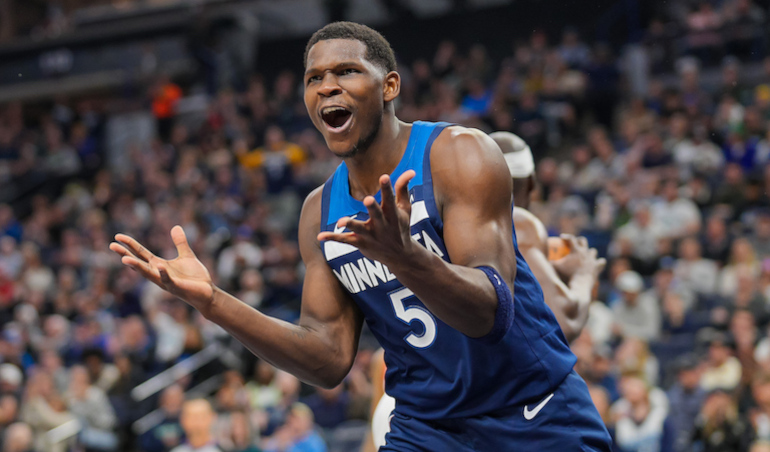Last updated on April 19th, 2024 at 10:55 am
The legalization of Minnesota sports betting has been in limbo thanks to the state legislature, the racing commission, and the US federal courts. In addition, stakeholders include lawmakers, private equity, horse riders, and tribal leaders. Thus, bookie pay per head service experts concluded that sports wagering would not become legal in the state soon.
In a significant development, the House Commerce, Finance, and Policy Committee agreed to forward an updated measure on Thursday, 18 April, prohibiting the use of historical horse racing (HHR) machines on tracks. The second development this week adds complexity but may not impact sports betting legalization in Minnesota.
Running Aces sued three tribal casinos on April 16th in a legal battle. This lawsuit reflects the ongoing efforts to legalize internet sports betting. In a state with tribal gaming exclusivity, lawmakers are trying to reach an agreement. However, political issues stalled the legislative progress in the past three weeks.
Legalization of Minnesota Sports Betting
 Black Diamond Commercial Financial, a private equity firm, asserts that Running Aces has been unlawfully targeted by tribes offering banked card games. According to PayPerHeadKing.com sources, the tribes have used these games to their advantage, drawing customers away from Running Aces and preventing them from making substantial revenue and profits.
Black Diamond Commercial Financial, a private equity firm, asserts that Running Aces has been unlawfully targeted by tribes offering banked card games. According to PayPerHeadKing.com sources, the tribes have used these games to their advantage, drawing customers away from Running Aces and preventing them from making substantial revenue and profits.
Legal sports betting in certain US states has been associated with the horse racing industry, often known as pari-mutuel wagering. Some state legislatures have legalized “racinos” at horse racetracks, including Illinois, Louisiana, Massachusetts, and New Jersey. Adding gambling outlets at the racetrack has breathed fresh life into an industry floundering financially.
Only federally recognized tribes in Minnesota and around a dozen other states may legally provide gaming. When it comes to protecting its sovereignty, Indian Country will stop at nothing, even fighting against laws that threaten its gambling monopoly, as it does in the majority of tribal gaming states. The indigenous people see the legalization of HHR devices as a threat to exclusivity and, thus, to their sovereignty. Striking a balance between commercial and tribal gaming demands skill and subtlety.
Do you want to learn how to become a bookie? We recommend using a pay per head to start a sportsbook.


